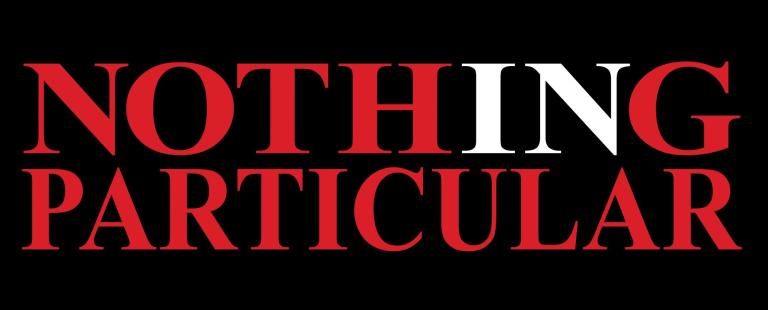Now that 28% of Americans are “Nones,” claiming to hold to no religion, they have become the nation’s biggest religious cohort, just ahead of evangelical protestants (24%) and Catholics (23%). So Pew Research has drilled down to find out more about Nones and what they believe.
Here are some details from the report of Pew’s research. . .
First of all, very few Nones don’t believe in God. Only 17% are atheists. 20% are agnostics. By far the largest group, 63%, say their religion is “Nothing in particular.” Contrary to the impression we have been given, that’s not the same as saying they have no religion. They have no “particular” religion. Like the syncretists of the interfaith movement who believe that all religions are equally valid, they see no need to identify with one religion in particular.
And yet the “Nothing in particulars” are not usually sophisticated philosophers of religion. While atheists and agnostics are typically more educated than those who are affiliated with religion, “nothing in particulars” on average are less educated than religious Americans. They are, in fact, mostly members of the white working class, the “least churched” demographic.
When asked why they aren’t connected with a religion, 60% say they question a lot of religious teachings; 47% don’t like religious organizations; 41% don’t see a need for religion in their lives; 30% have had bad experiences with religious people; and 12% just don’t have time for religion.
Are the Nones taking over the country? Not really. Pew sums up their findings:
By a variety of measures, religious “nones” are less civically engaged and socially connected than people who identify with a religion. On average, they are less likely to vote, less likely to have volunteered lately, less satisfied with their local communities and less satisfied with their social lives.
That is to say, atheists and agnostics vote at about the same rate as the religiously affiliated. “Nothing in particulars,” though, drag the numbers way down.
As for the non-atheist Nones, what kind of deity do they believe in? Some 13% say they believe in the God of the Bible, while 56% believe in “a higher power.”
Are they “spiritual but not religious”? Says Pew,
About half say spirituality is very important in their lives or say they think of themselves as spiritual. Most “nones” believe animals other than humans can have spirits or spiritual energies – and many say this is true of parts of nature, such as mountains, rivers or trees.
Are they hostile to religion? Yes and no. Some 43% say religion does more harm than good; 41% say religion does an equal amount of good and harm; and 14% say it does more good than harm.
How do Nones approach morality? That is, how do they decide between right and wrong? Subjects could choose more than one answer, but this is what they said: 83% cited the desire not to hurt people; 82% cited logic and reason; 69% said it feels good to do right rather than wrong; 60% cited the desire to stay out of trouble; 52% said they go by how they were raised; 46% believe “what goes around comes around” (cf. karma); and 12% cited religious beliefs.
Black nones are a special case. As Kate Shellnutt observes in an article in Christianity Today, “Nearly all Black nones believe in a higher power, and a third still believe in the God of the Bible. Barely any consider themselves atheists.”
This doesn’t sound like a wave of secularism that threatens religion in America. It sounds like the fields are white for harvest (John 4:35).
Illustration via Facebook












